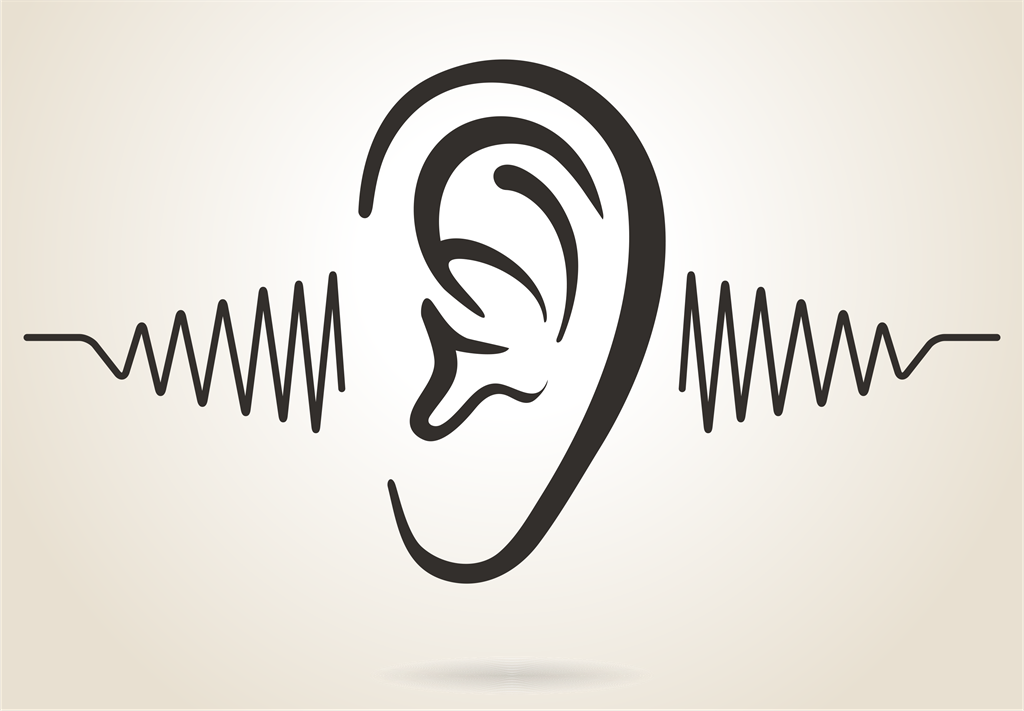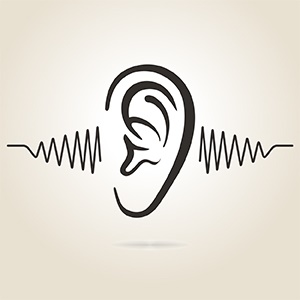

Tinnitus is the sensation of hearing sound when no actual external sound is present.
It's comonly described as a ringing in the ears, but can also be heard as buzzing, humming, clicking, hissing and whistling.
The sound may come and go, or it may be present all the time. It may vary in pitch from a low roar to a high squeal, and you may hear it in one or both ears. It's often worse when background noise is low, so you may be most aware of it at night when you’re trying to fall asleep. You may also notice that your hearing is not as good as it used to be or that you’re more sensitive to everyday sounds.
Is it dangerous?
Tinnitus isn’t usually a sign of something serious, but it can be annoying. Severe cases can be very distressing and may affect your quality of life. You may experience:
- Sleeping problems.
- Trouble concentrating.
- Memory loss.
- Irritability.
- Fatigue.
- Stress.
- Anxiety.
- Depression.
What causes it?
The most common cause of tinnitus is prolonged exposure to loud sounds. Loud noises from heavy machinery, chain saws, and firearms, for instance, can damage the tiny nerve endings in the inner ear, and cause hearing loss. Tinnitus often occurs with hearing loss.
Other causes include:
- Age-related hearing loss. Parts of the ear deteriorate from natural ageing. This can impair hearing and lead to tinnitus.
- Earwax build-up can cause a blockage in the ear. This can result in irritation and hearing loss, which can cause tinnitus.
- Meniere’s disease is an inner ear disorder caused by abnormal inner ear fluid pressure. Tinnitus is an early symptom of the condition.
- Otosclerosis is an inherited condition where an abnormal bone growth in the middle ear affects your hearing and causes tinnitus.
- Head and neck injuries can affect the inner ear, hearing nerves, or brain function linked to hearing. These injuries usually
cause tinnitus in just the one ear. - Certain medications may cause or worsen tinnitus. These include aspirin, antibiotics, antidepressants, diuretics, and cancer drugs. The higher the dose of these medicines, the worse the tinnitus.
High blood pressure, atherosclerosis, diabetes, allergies, and an underactive thyroid have also been associated with tinnitus.
Treatment
If your tinnitus is caused by an underlying condition, the first step is to treat it. For example:
- If excess earwax caused the problem, removing it may help.
- If an ear infection caused the ringing, your doctor might prescribe ear drops and an antibiotic to help fight the infection.
- If tinnitus is a side-effect of medication, your doctor may change dosages or recommend a different medication.
If an exact cause can't be found, treatment will focus on managing and reducing the symptoms. This may involve:
- Hearing aids may make the tinnitus less noticeable.
- Masking devices generate a continuous, low-level white noise that suppresses tinnitus symptoms.
- Tinnitus retraining therapy retrains the way your brain responds to tinnitus.
- Cognitive behavioural therapy changes the way you think about your tinnitus, which can help you cope with it more effectively.
- Avoiding loud noises and using ear protection can also help.





 Publications
Publications
 Partners
Partners














